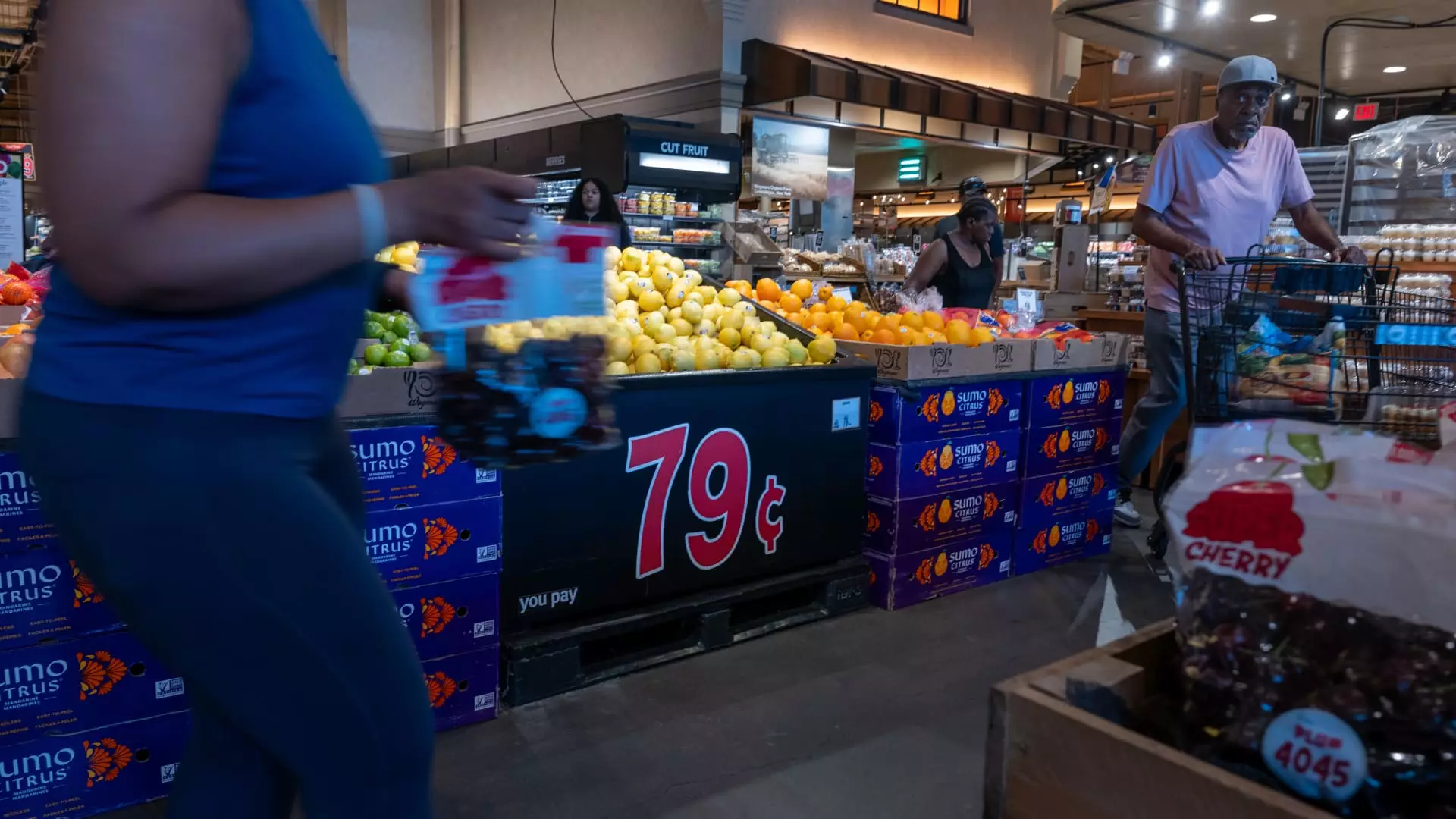Consumers are displaying growing confidence in July regarding the future outlook of inflation, according to a recent report from the New York Federal Reserve. The latest data from the Survey of Consumer Expectations reveals that respondents anticipate inflation to remain elevated in the upcoming year but then gradually decrease over the subsequent years. In particular, the survey indicates that consumers are expecting inflation to be at 2.3% over the next three years, marking a significant decrease of 0.6 percentage points from the previous month and reaching the lowest level in the history of the survey, which dates back to June 2013.
Impact of Consumer Expectations on Inflation
Economists consider consumer expectations to be a crucial factor in determining inflation trends. When consumers and business owners anticipate continued price and labor cost increases, they may alter their spending behavior accordingly. The optimistic outlook displayed by consumers in the survey could potentially lead to adjustments in the market that influence inflation rates. Therefore, it is essential to monitor consumer sentiment when assessing inflation projections.
On Wednesday, the Labor Department is scheduled to release the latest consumer price index data, which is expected to show a 0.2% increase in July and an annual rate of 3%. While this still falls short of the Federal Reserve’s 2% target, it reflects a significant decrease from the inflation levels observed two years ago. Market analysts have already factored in the possibility of interest rate cuts by the Fed to address inflation concerns, with expectations of rate reductions in the coming months.
Despite the positive trend in three-year inflation projections, expectations for inflation on the one- and five-year horizons have remained unchanged at 3% and 2.8%, respectively. However, the survey highlighted some encouraging developments related to specific consumer expenses. Respondents anticipate a lower increase in gas prices at 3.5% over the next year, along with a modest rise of 4.7% in food costs. Additionally, household spending expectations have decreased slightly to 4.9%, indicating a more cautious approach to expenditures.
While expectations for certain expenses have shown moderation, projections for other cost categories have increased. The survey revealed a notable rise in expectations for college education and rent costs, with predictions of a 7.2% increase in college expenses and a 7.1% rise in rent prices. These developments suggest potential challenges in managing specific financial commitments in the future, especially in sectors with escalating costs.
Improving Employment Sentiment
Despite concerns about rising unemployment rates, the survey indicated positive shifts in employment expectations. The perceived likelihood of job loss in the next year decreased to 14.3%, while the expectation of voluntary job changes, seen as a measure of worker confidence in the labor market, rose to 20.7%. These indicators suggest a growing optimism among workers regarding job opportunities and career prospects.
The recent survey data reflects a combination of positive and challenging trends in consumer expectations related to inflation and expenses. While the overall outlook appears optimistic, certain cost categories may present financial hurdles for consumers in the future. Monitoring consumer sentiment and market responses will be crucial in assessing the potential impact on inflation trends and economic stability.


Leave a Reply